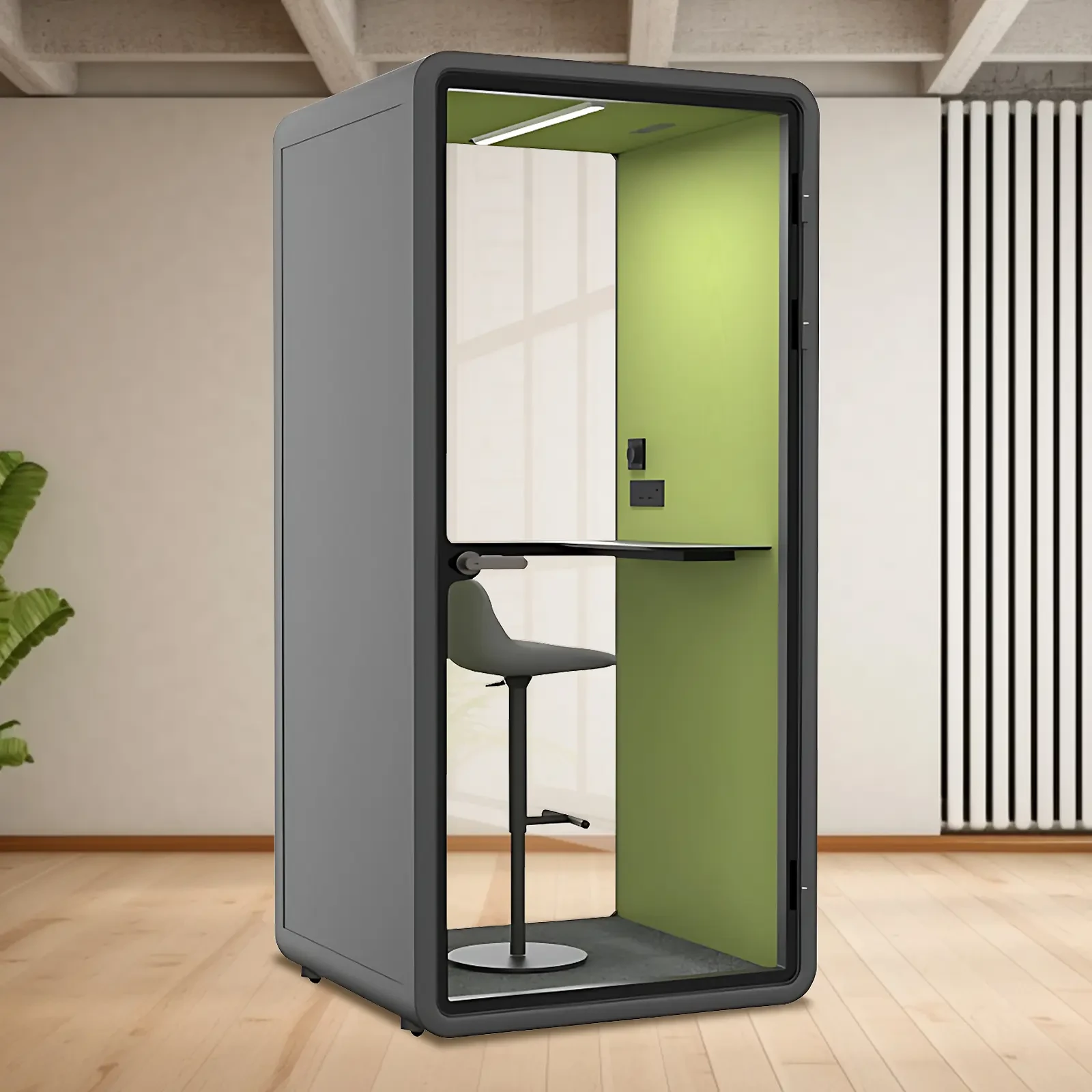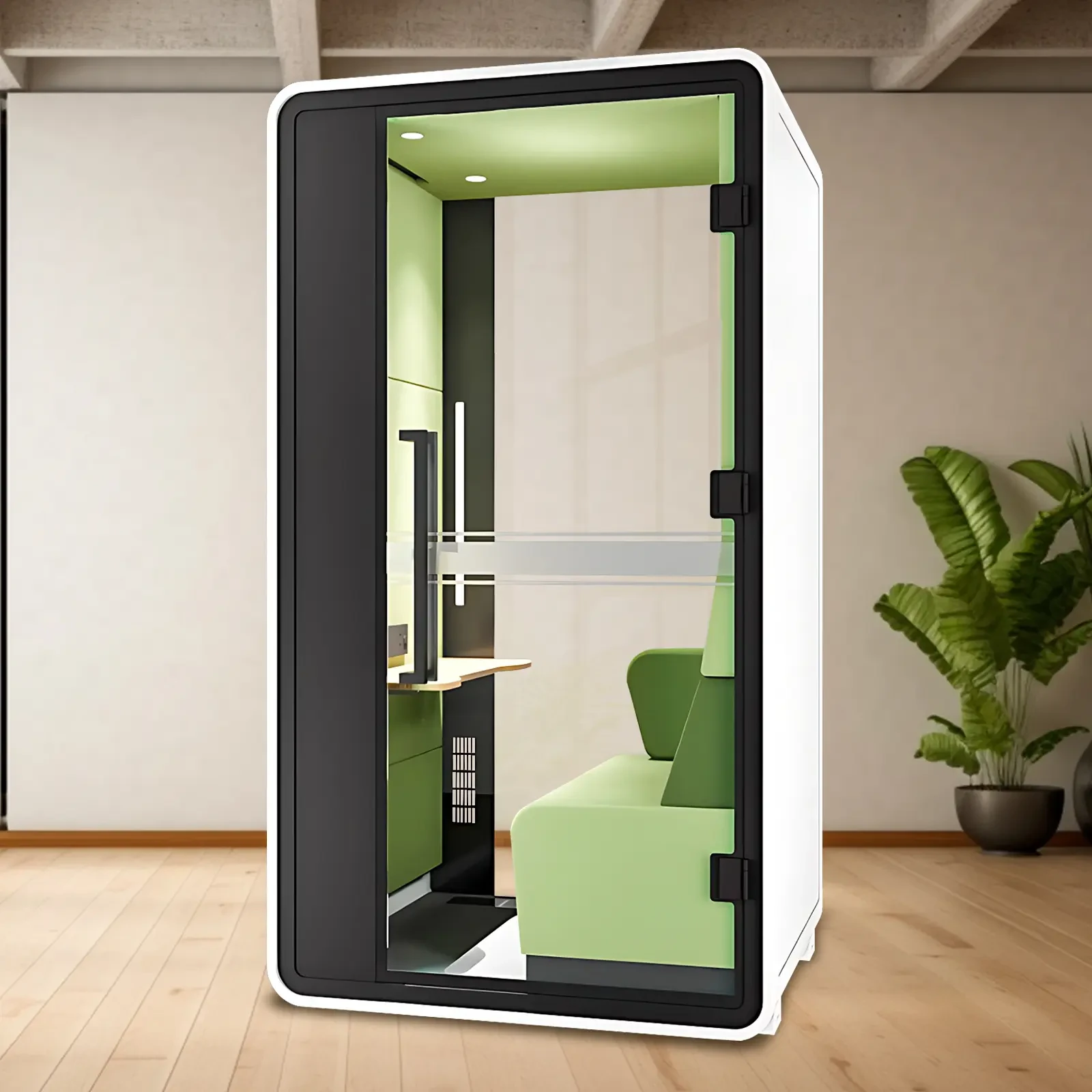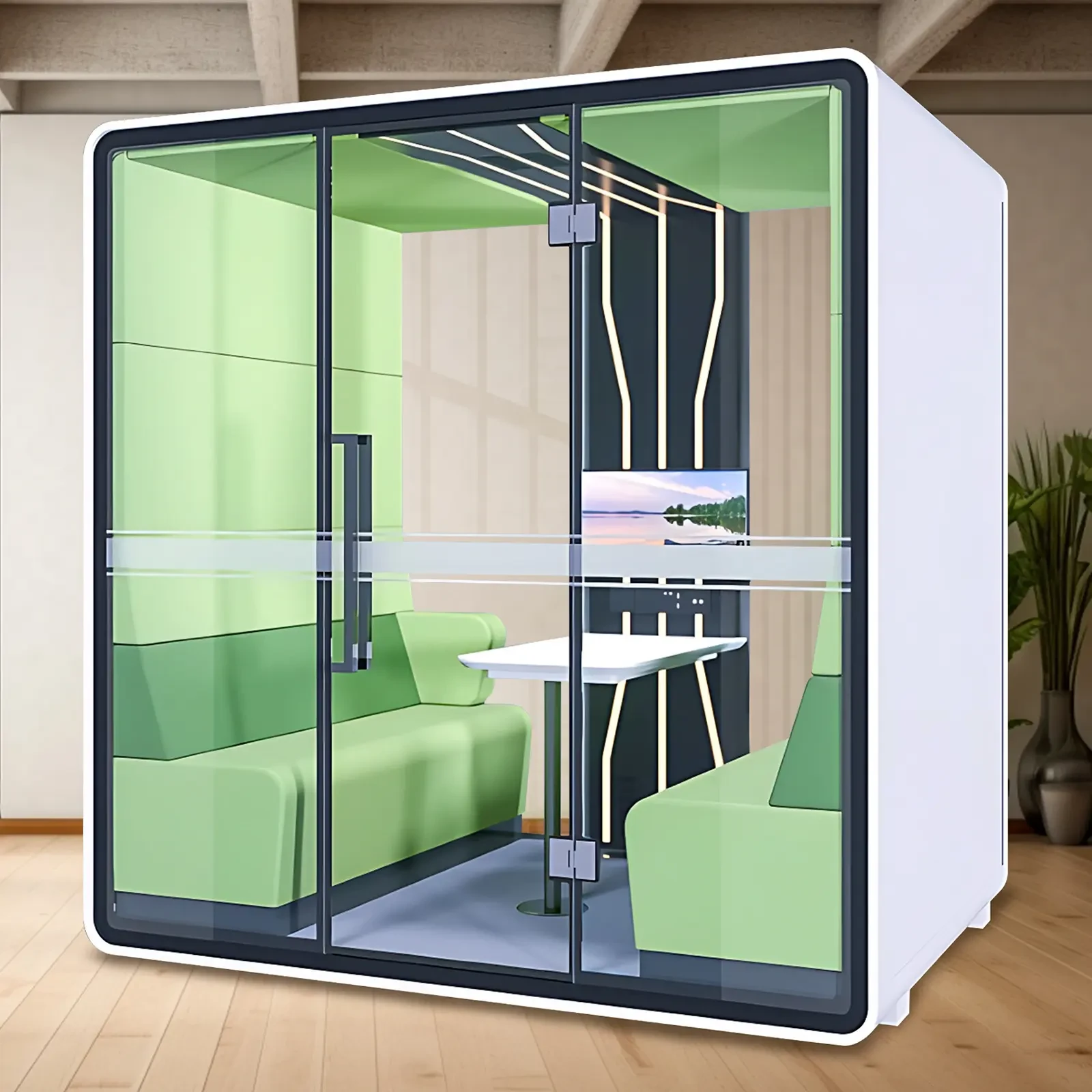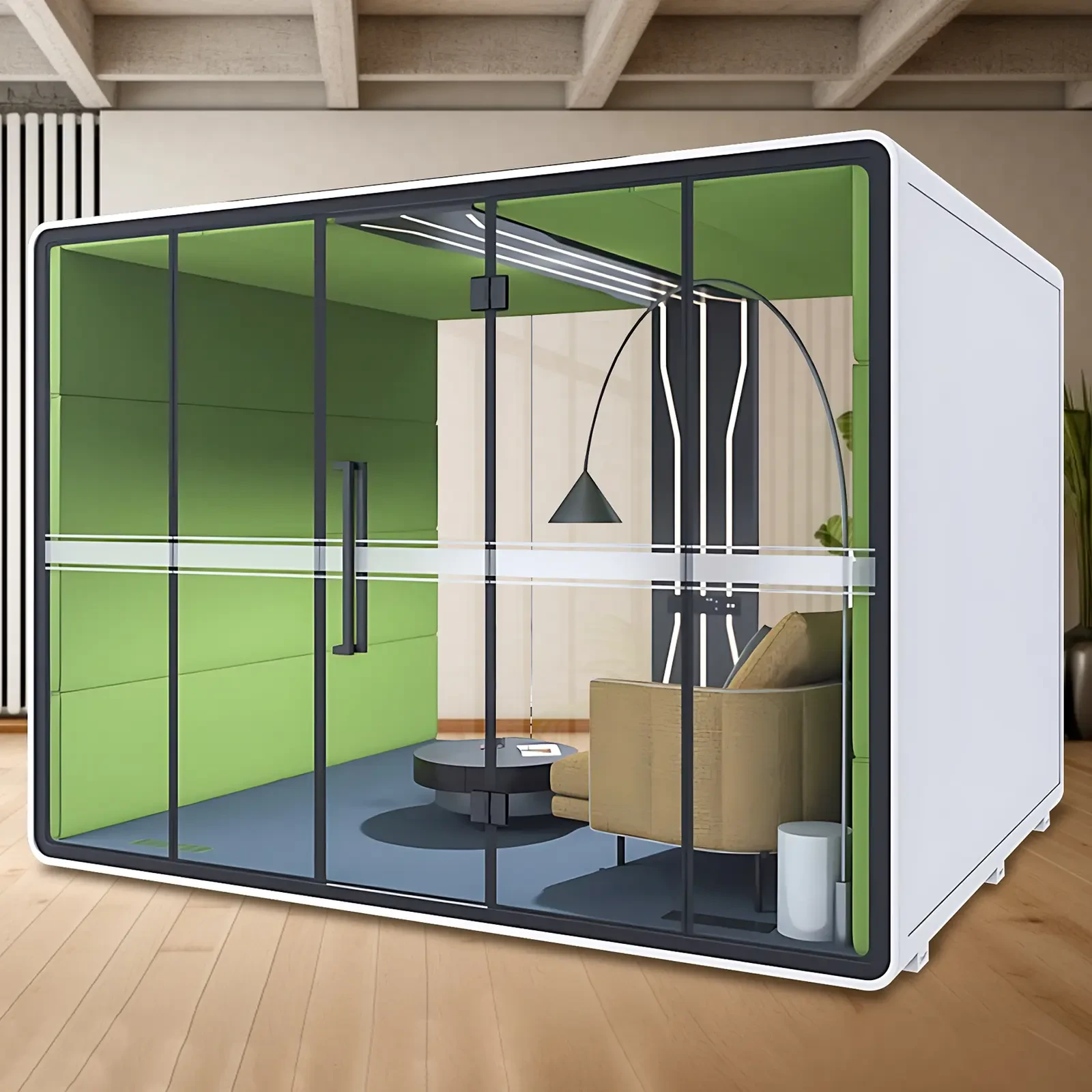1. Overview of Substation Project
Substations are key nodes in power systems for converting voltage, receiving, and distributing electrical energy. They are divided into step-up substations (at the power generation end) and step-down substations (at the user end). Key equipment includes primary equipment such as transformers and circuit breakers, and secondary equipment such as relay protection devices. The noise generated by these devices during operation must comply with regulations such as the "Environmental Quality Standard for Noise" (GB 3096-2008).
2. Key points of noise reduction design
1. Design Principles
• Meet noise reduction targets and environmental standards without affecting equipment operation and maintenance
• Using mature technology and high-efficiency sound-absorbing materials, taking into account safety and fire protection requirements
• Balance noise reduction and cost-effectiveness based on site conditions
2. Design steps
1. Identify equipment noise sources and characteristics
2. Determine the permissible noise level at sensitive points and the required noise reduction
3. Simulate the sound field distribution and develop targeted solutions
4. Select sound-absorbing and sound-insulating materials and structures
3. Main noise analysis
1. Noise generation mechanism
• Electromagnetic noise : magnetostriction of the core and electromagnetic vibration
• Mechanical noise : Equipment vibration is transmitted through the oil tank and base
• Aerodynamic noise : generated by the operation of cooling fans and oil pumps
2. Spectral characteristics
Equipment noise has low-frequency characteristics (peak at 63-125Hz), long propagation distance, strong diffraction ability, and is difficult to control.
4. Comparison of core noise reduction measures
1. Main governance measures
Photo of the sound barrier at the boundary of a substation of Sanyuan Environment
2. Comparison of advantages and disadvantages of measures
Case photo of a soundproof enclosure at a substation of Sanyuan Environment
V. Summary
Substation noise control measures should be selected based on low-frequency characteristics . Sound barriers are suitable for noise reduction within plant boundaries, while soundproof enclosures are suitable for comprehensive noise control. The solution must balance noise reduction effectiveness, equipment safety, cost, and construction feasibility, ultimately meeting environmental standards and the client's actual needs.

 USD
USD
 GBP
GBP
 EUR
EUR



